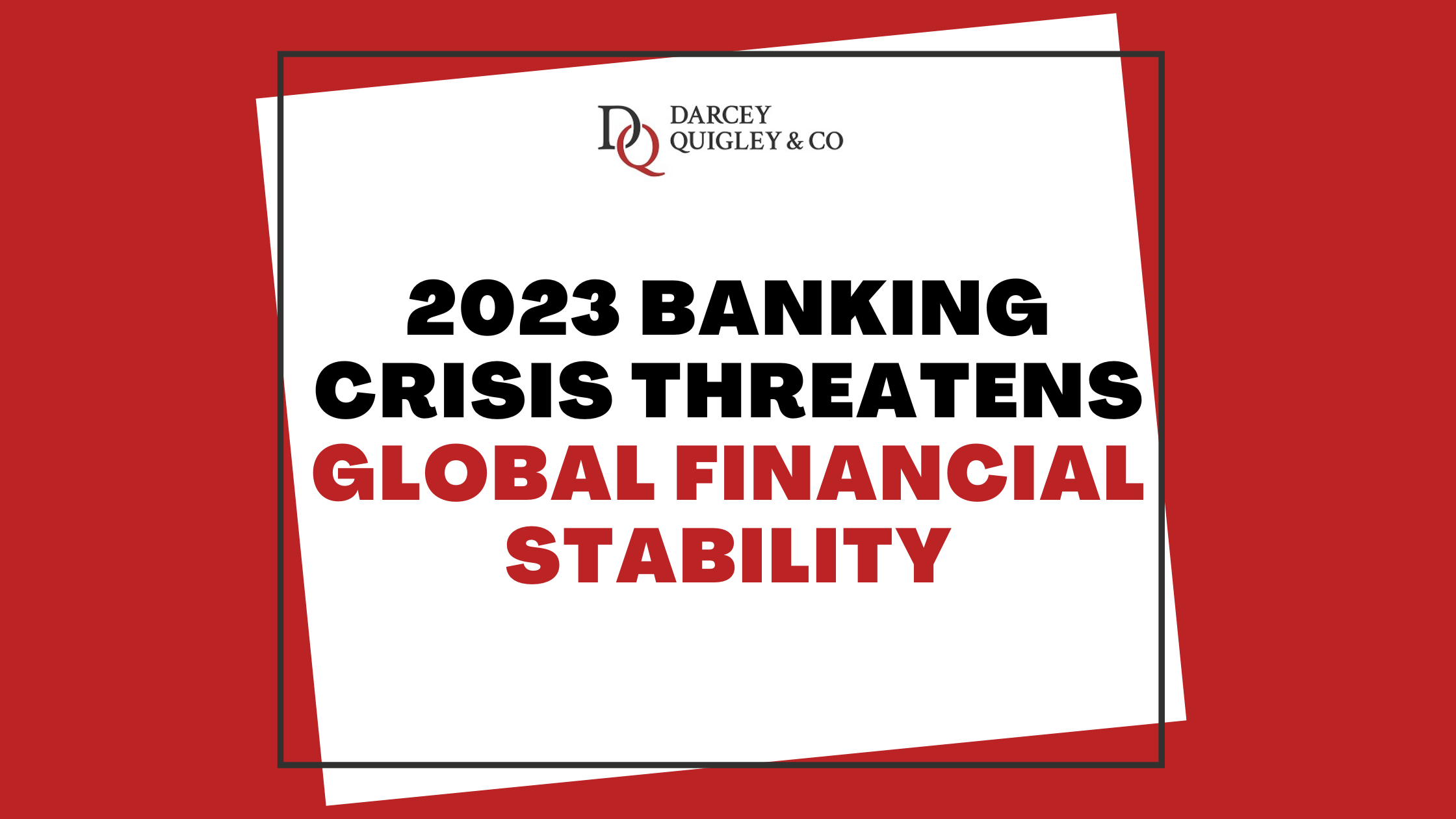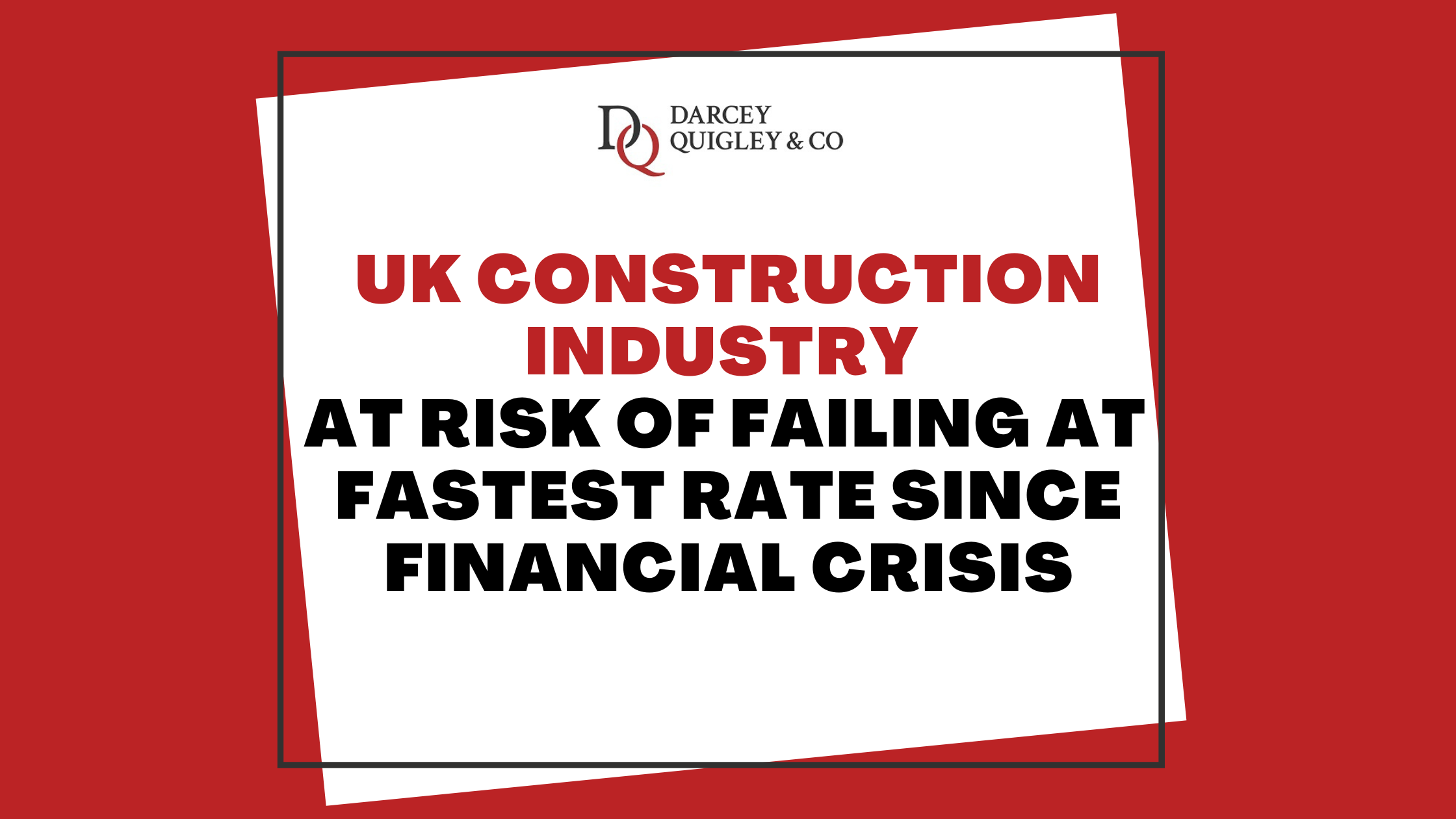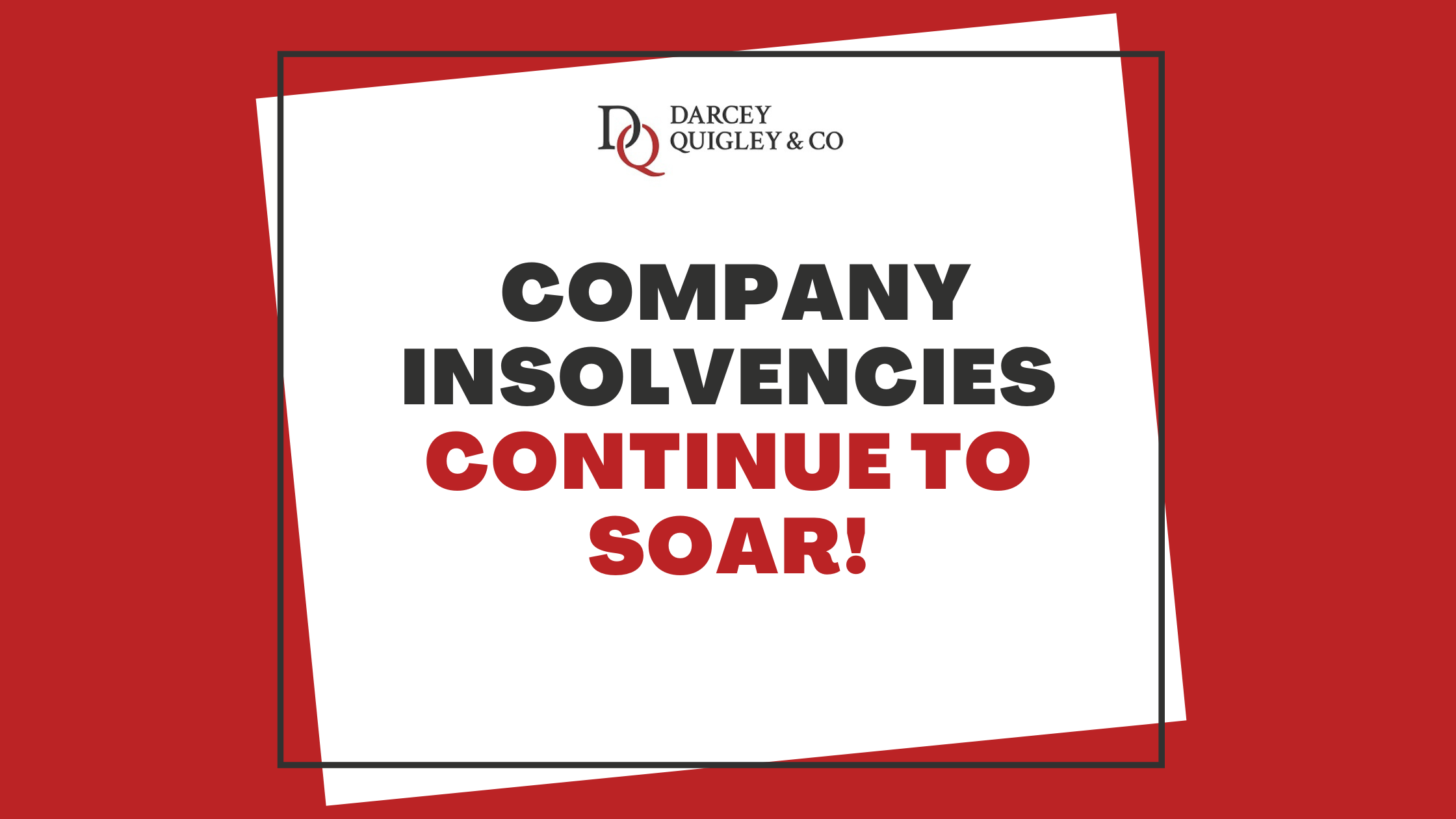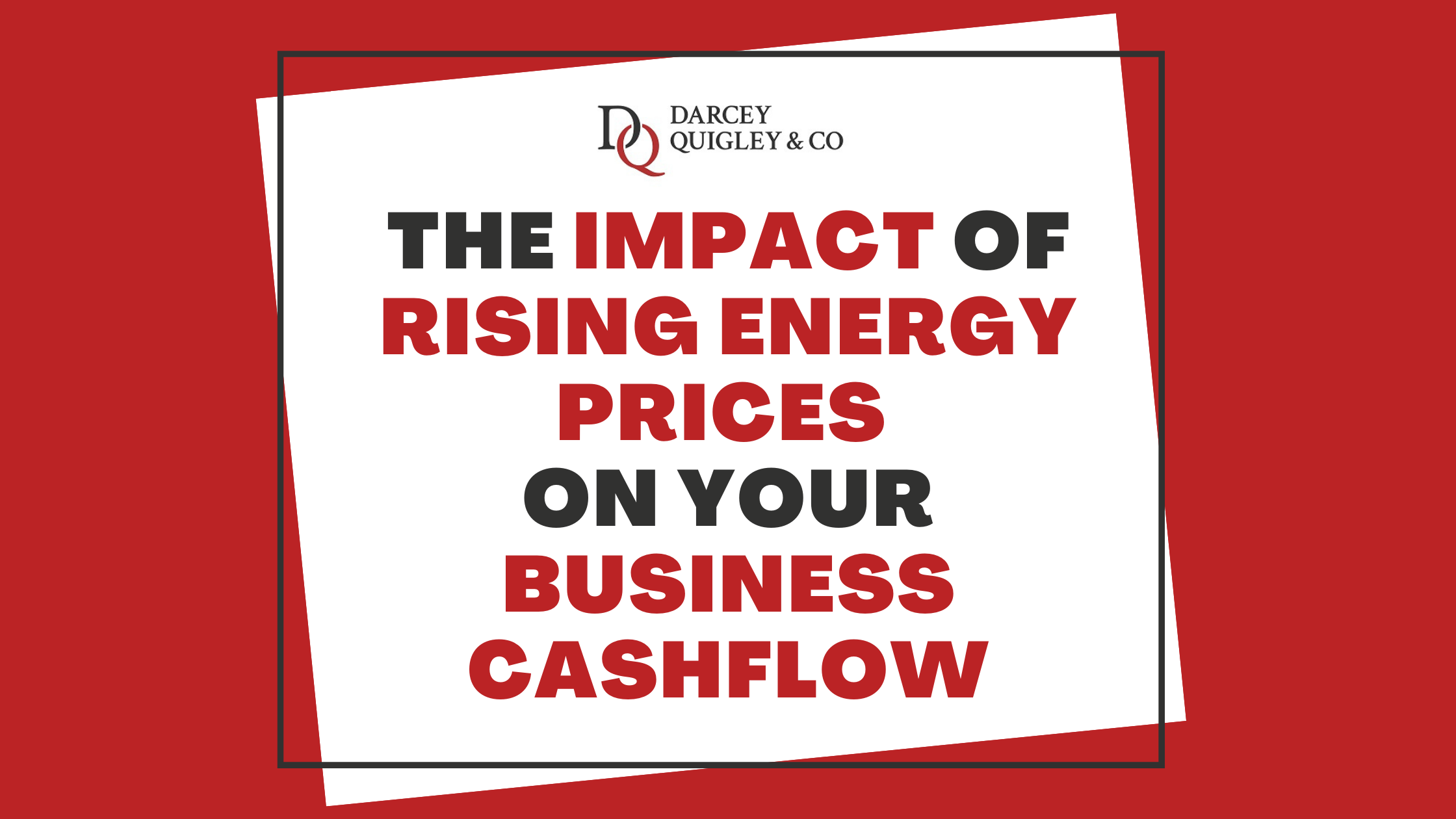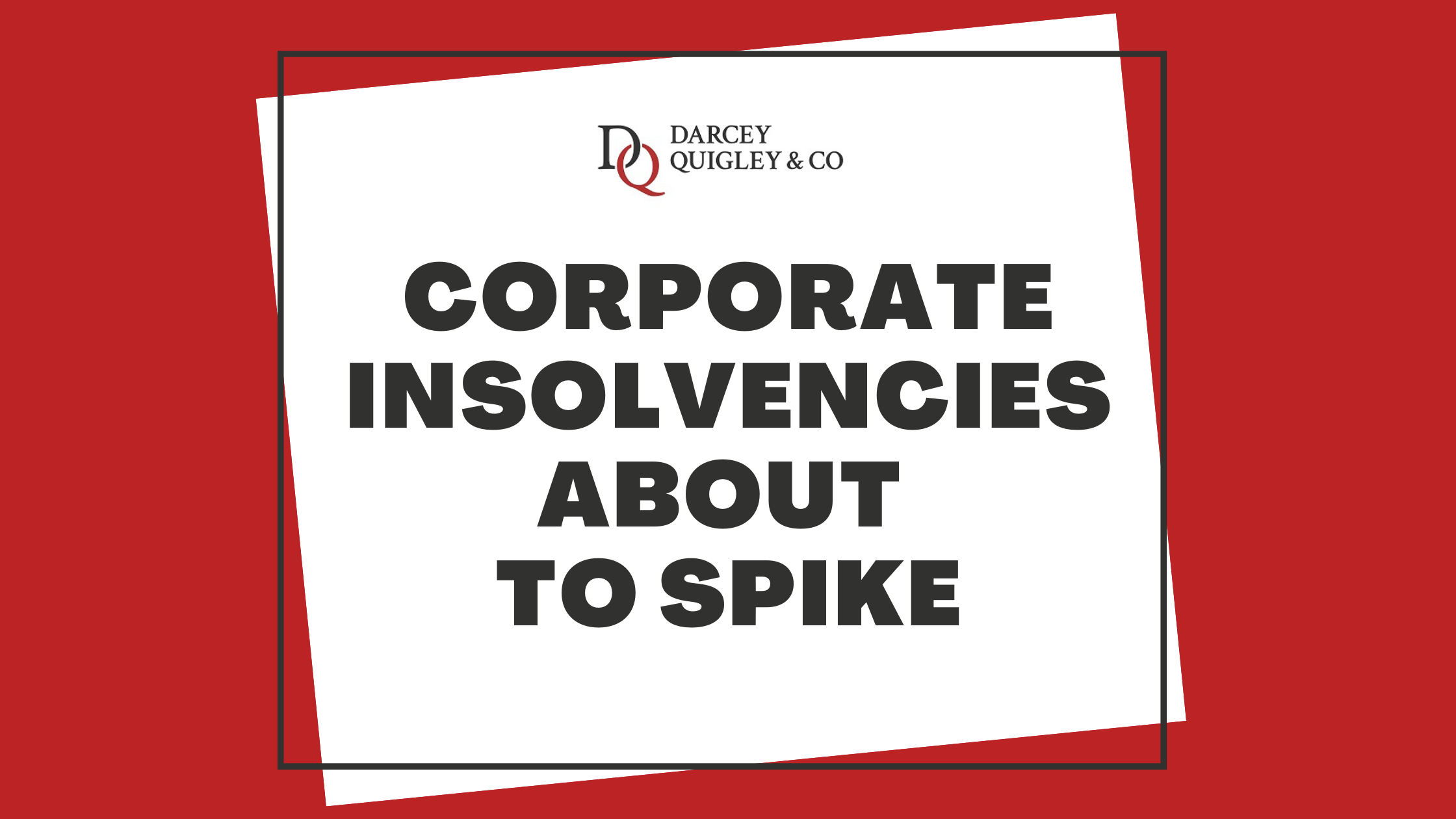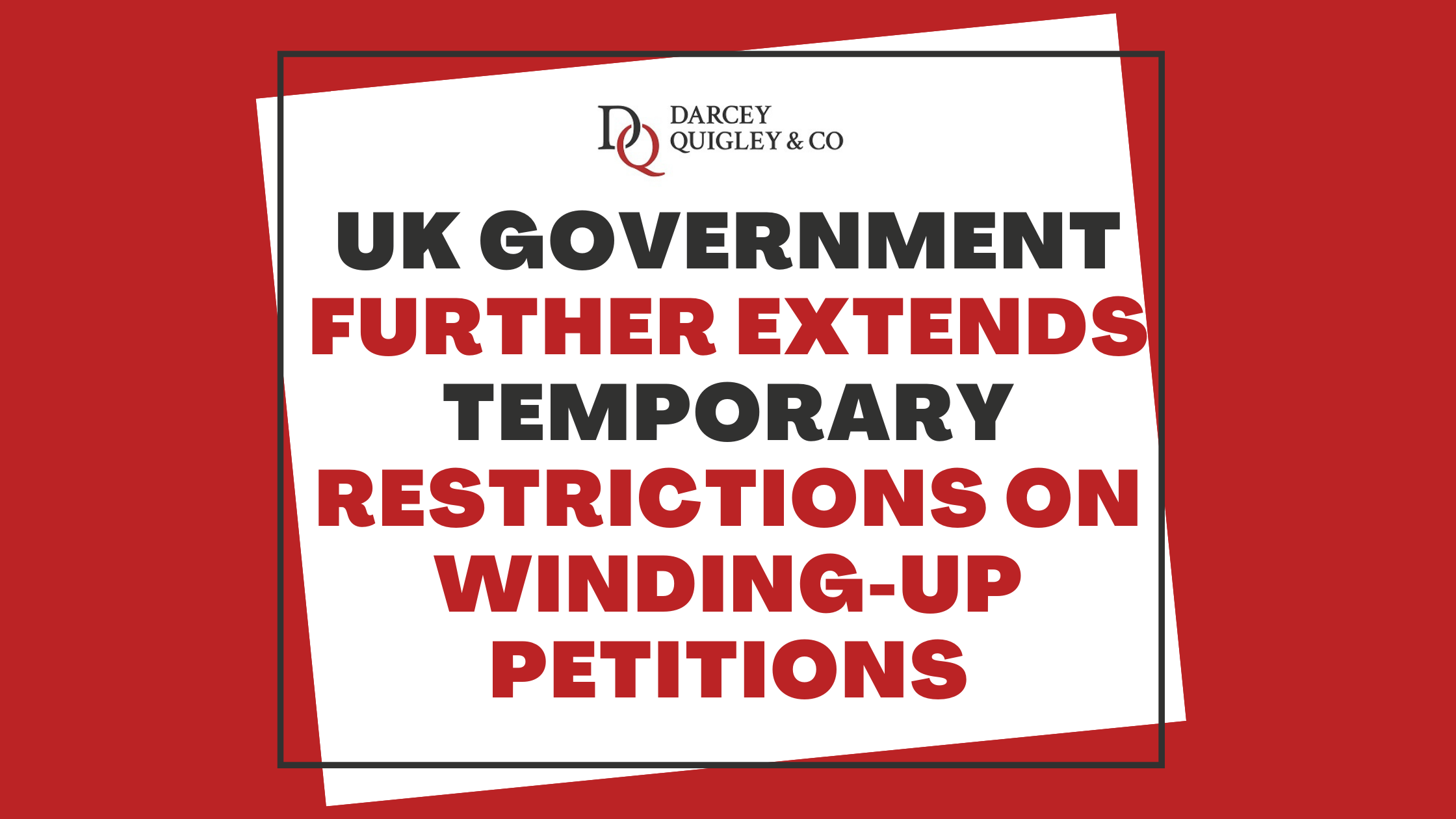How to Handle Poor Payment Behaviour From Businesses
Being paid on time is now more important than ever given the economic upheaval caused by COVID-19. From businesses going through administration to account disputes there are several reasons that a customer will pay you late. Being paid on time is essential to your business’ survival, they support a healthy cash flow and prevent your own business from being at risk of financial crisis.
Many people don’t like approaching their customers about late payments, usually this is due to fear of damaging their business relationships. However, for your business to survive you must get paid for the products and services you offer. So, with that in mind, what can you do to stop poor payment behaviour from customers?
Discover Why Customers Aren’t Paying You on Time
First and foremost – do you know why your customers aren’t paying you on time? Are they just chancing their luck to pay you when it suits them? Or is there a deeper cause at play? Some of the most common reasons that can prevent a customer from paying you on time include:
- Financial crisis, administration, or liquidation
- Non-flexible payment methods
- A dispute on all or part of the account
- Your customer contact has left the company and not provided alternative contact information
- Cashflow
How to Stop Poor Payment Behaviour from Businesses
It might feel like there isn’t anything you can do to get those tricky customers to pay on time, but this doesn’t need to be the case. There are a few options available that can help reduce the likelihood of late payment.
Identify Your Payers – the Good, the Bad, and the Ugly!
One of the best ways to ensure that you continue to get paid on time is to organise your payers into good, average, and bad (those who are extremely risky payers). Use their previous payment and credit history with you to identify who is likely to keep paying you on time and who your problem customers are.
Automate Your Cash Collection Process
Having a fully automated cash collection process or dunning cycle will improve your invoice to cash process. Once your customer is invoiced, knowing when you will receive payment from them can be difficult. Putting an automated system in place will help to make your cash collection more efficient, reduce your debtor days, and increase your cash flow.
Use Credit Reports to Flag Potential Bad Payers
Use credit scores and reports to flag potential bad payers before you do business with them. A credit report will provide you with a business credit score, previous payment behaviour, how long it takes them to settle payments, court history, and more. All this information can be extremely informative in getting an idea of a business’ credit health and whether they will be able to pay you on time.
Offer Discounts to Customers Who Prepay
Offering a discount to customers who prepay will give them more incentive to pay you early. Not only will this help to secure your cash flow and minimise the risk of late payment, but it can also nurture better customer relationships as a result.
Get Help from a Professional
If a customer withholds payment from you, know who to get help from. Getting help from a commercial debt collector will give you the support you need to get paid. Commercial debt collection doesn’t need to be uncomfortable, using a person-to-person approach and real-time conversations will help resolve unpaid debt concerns.
There are several options open to you if you are dealing with poor payment behaviour from businesses. Check out the Darcey Quigley blog for more information, tips, and support.


